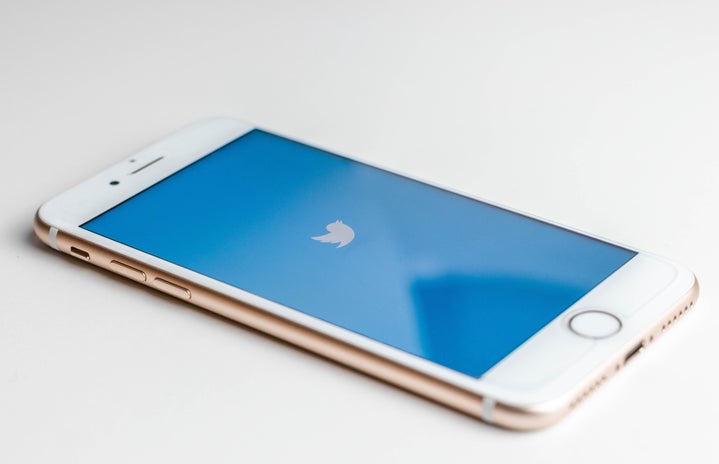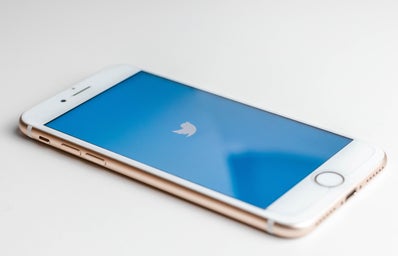A fairly new app in which one invite can introduce you to a plethora of conversations happening in real time has stirred up both some controversy and critique. Clubhouse gives a voice to those who otherwise feel unheard, but when the wrong people step up to the mic harmful narratives can be spread, trauma can be exploited, and fraudulent authority and credibility within the community can be appointed. When it comes to Black women, the app’s shortcomings hurt us the most.
On Clubhouse, these public conversations take place in different rooms. Every room has a topic and if you see one that interests you (or triggers you…) you can enter, listen as an audience member, and even offer your own opinion or expertise on the stage as a speaker. That is, with the moderator(s) permission. Moderators create and control their rooms. They primarily act as facilitators, but many of them adopt dictator-like tendencies with “My room. My rules.” type mindsets. The problem with these kinds of rooms is more often than not the topic is relative to Black women, but the creator and founding moderator is a Black man who perpetuates misogyny.
Rooms titled “Why Are Black Women Bitter” and “Do Black Women Deserve To Be Protected?” are among those that spread violent narratives about Black women. What transpires in these rooms is even more degrading. Black women enter these rooms only to be gaslit and antagonized by none other than Black men themselves. They enter these rooms to contribute to a conversation being held about themselves and others who share the universal experience of being a Black woman, only to be met with constant interruption and blatant disrespect. It is almost as if these men find this kind of exploitation of trauma entertaining. I personally have never seen anything like it. It says a lot about our community as a whole and the work there is still to be done. Black men must be held accountable for their part in upholding white supremacist ideals as an attempt to hold onto the privilege that comes with being a man.
Clubhouse has the potential to be a very healthy and productive tool for the Black community. One that allows us to connect with, learn from, and understand one another. But platforms like these are public and working through trauma and centuries of oppression can get ugly. Doing these things on a public platform also makes our community vulnerable to people who don’t have Black people’s best interest at heart. Clubhouse cannot be equivalent to therapy. Understanding that is the first step to using the new platform in a smarter way.



